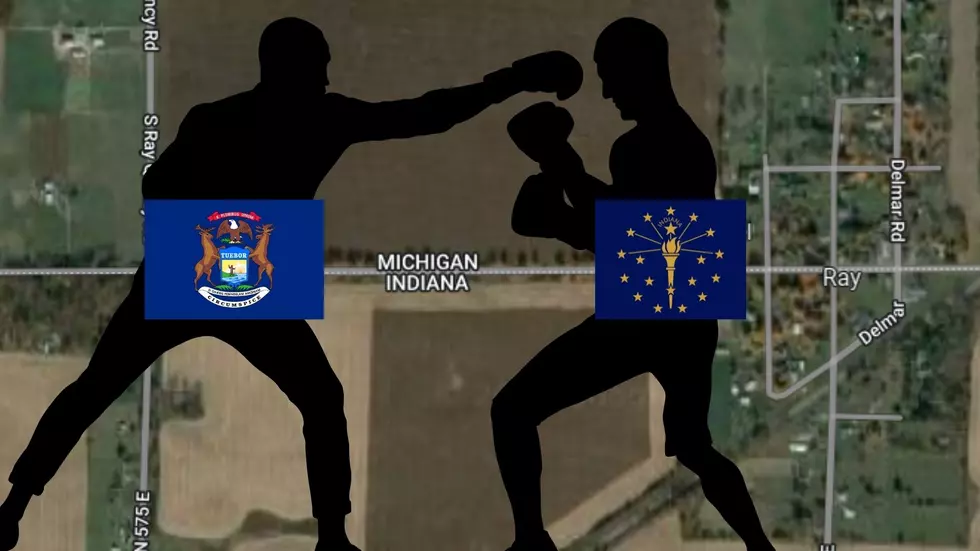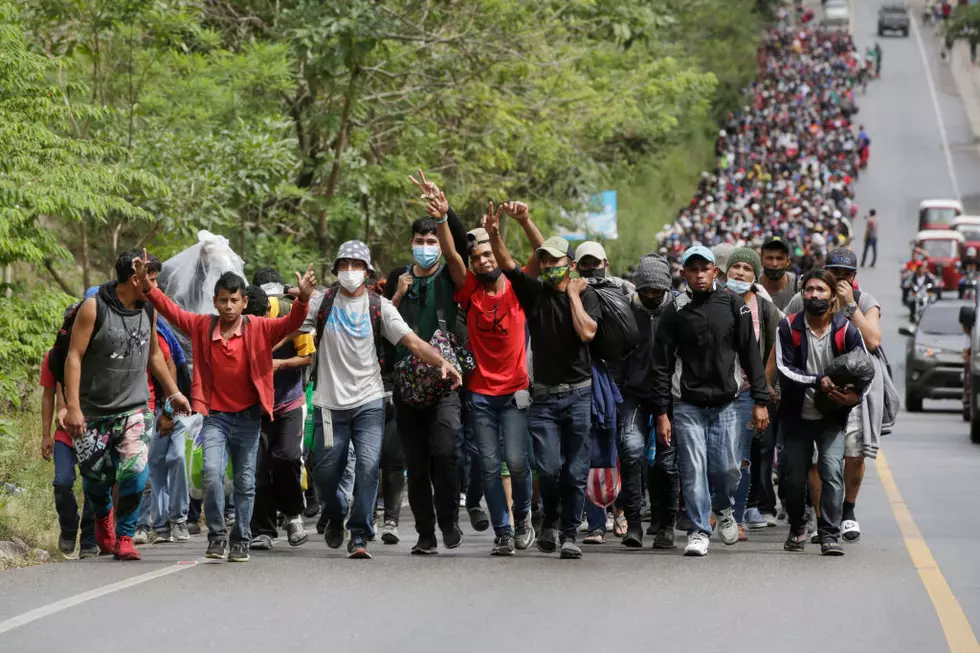
Can Michigan Actually Close Its Borders
Here is an interesting question, can a state actually close its borders?
According to Heritage Foundation's John Malcolm, possibly so. He was recently interviewed by the Washington Free Beacon and he told them:
It is largely up to the states themselves to prevent the spread of the disease within their borders, but they have broad ‘police power' authority under the Constitution to do so...Federal law, including the Stafford Act, provides ample authority to the federal government to assist in that effort.
Everyone thinks that the epicenter of power in the United States is the Federal government, well think twice. It is actually the state and local authorities who have the majority of power when it comes to public health issues. Who would have thought that the states did keep some of their power. Over the years we have learned that the states have ceded power to the Federal government at an alarming rate all in the quest for the federal tax dollars.
Did you know that the Outer Banks in North Carolina actually did close the entrance to their strip of land on March 17th? The Police actually set up checkpoints and required residents to show government-issued identification to come and go.
Where does the United States Supreme Court stand on this question? Well according to the University of Virginia’s Kyle Connors:
the Supreme Court was extremely deferential to state officials on public health issues throughout the 19th and early 20th centuries. Border closings, in particular, were periodically in use.
States have quite a bit of power to enforce order and promote public welfare using the police powers they already have. Speed limits and driver licensure requirements are routine examples of laws enacted against the general backdrop of police powers.
The question for you is; should states have the power to close their own borders?
More From WBCKFM









